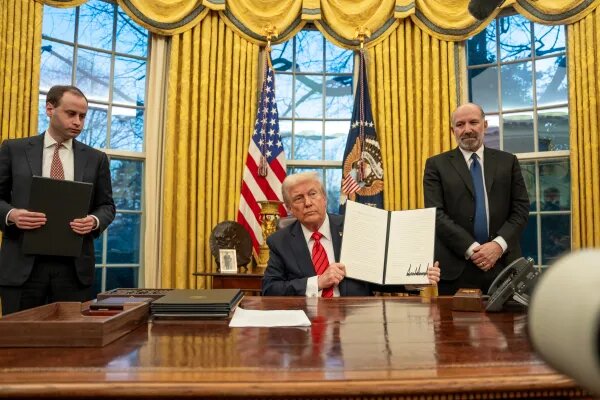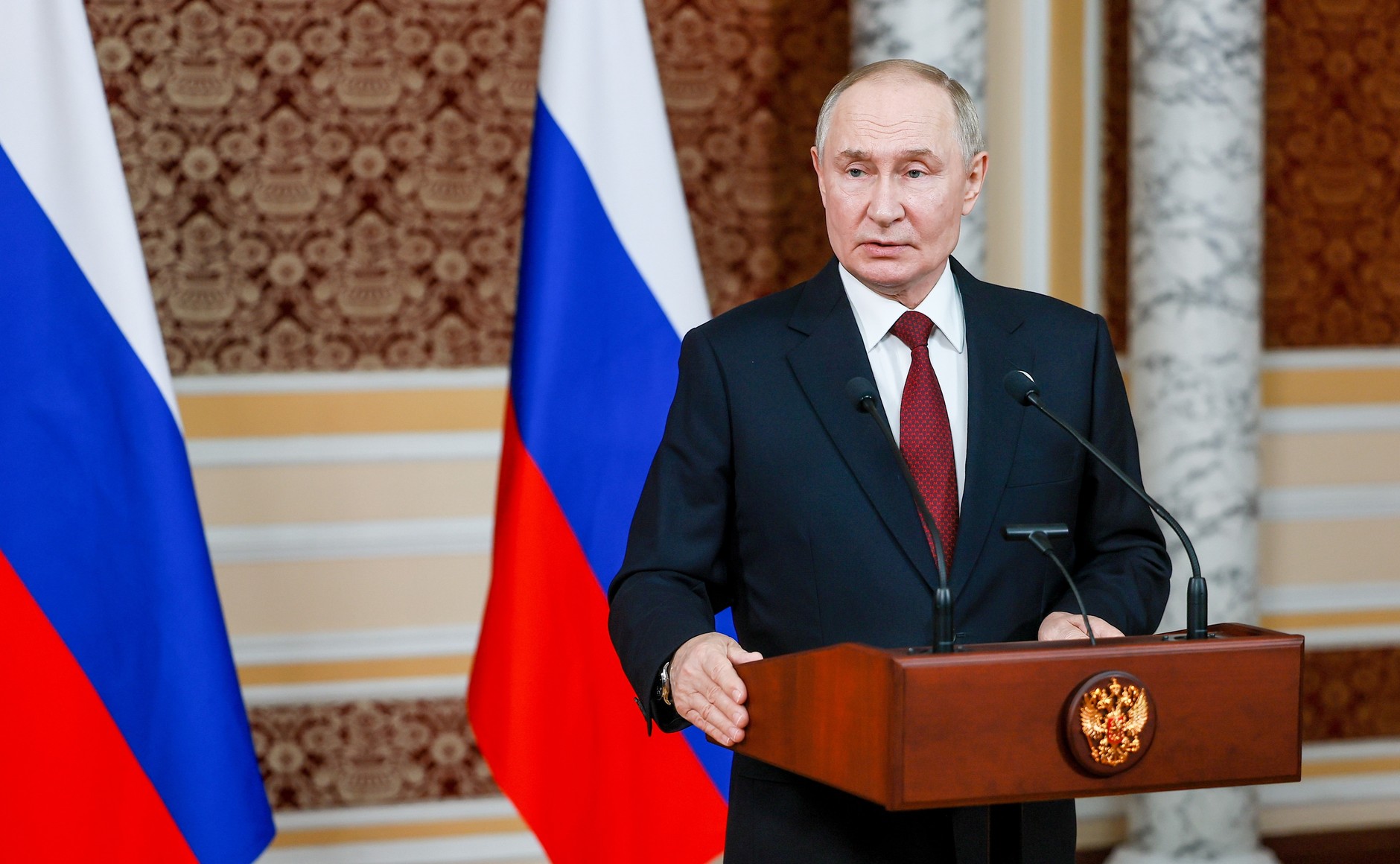Prabowo Subianto, Indonesia's president-elect for the 2024-2029 term, made history in the 2024 election by winning 96.2 million votes, the highest ever in Indonesia's direct democracy system. This achievement makes him the highest vote-getting president-elect, surpassing previous records both domestically and globally.
The Instagram account World Visualized highlighted this remarkable achievement and compared it to other global leaders such as Joko Widodo (Indonesia), Joe Biden (United States), Donald Trump (United States), Vladimir Putin (Russia), and Luiz Inácio Lula da Silva (Brazil).
Prabowo Sets Global Democracy Record
The 2024 election in Indonesia also marked another extraordinary achievement for the country in the history of global democracy. As the world's third largest democracy with 204,807,222 eligible voters, Indonesia successfully conducted a peaceful and harmonious election.

In the February election, Prabowo Subianto made history by winning more than 58% of the vote, or more than 96 million votes - a record high in the history of recorded global democracies. He will be officially inaugurated as president of Indonesia on October 20, according to a report in Time magazine.
This achievement puts Prabowo ahead of Joko Widodo's performance in 2019, when he garnered 85.6 million votes for a second term. This phenomenon reflects the strength of public participation and the stability of democracy in the country.
US Highest Voter Turnout in Decades

The 2020 election in the United States set a new historical record with unprecedented voter turnout and vote totals. Joe Biden, the Democratic Party candidate, received 81.3 million votes, the highest in U.S. presidential election history since 1900. Turnout reached 66.5% of eligible voters, the highest in more than a century, according to the United States Elections Project.
This achievement broke the previous record set by Barack Obama in the 2008 election, when Obama received nearly 69.5 million votes. As Obama's former vice president, Joe Biden surpassed that performance by securing 51.3% of the national vote, or nearly 81.3 million votes.
Unprecedented Result in 2024 US Election

The 2024 U.S. presidential election marked a significant victory for Donald Trump, who garnered approximately 77.2 million votes in a hotly contested race. His success in securing seven key swing states resulted in a substantial electoral vote margin of 312 to 226, surpassing the 270 votes needed to win the presidency.
On January 20, 2025, Trump will be inaugurated as the 47th President of the United States, making history as the first president in over a century to win two non-consecutive terms, following in the footsteps of Grover Cleveland in the 1890s. At 78, he will also be the oldest president ever elected in U.S. history.
In addition to his electoral victory, Trump achieved a significant milestone by becoming the first Republican candidate to win the popular vote since George W. Bush in 2004.
Putin Extends Two-Decade Reign

Vladimir Putin secured another major victory in Russia's 2024 presidential election, garnering approximately 76.3 million votes despite facing sharp scrutiny from the international community over the legitimacy of the electoral process. According to Russia's Central Election Commission, Putin received approximately 87% of the vote, with more than 60% of precincts reporting.
With this victory, Putin is expected to become the longest-serving leader in Russian history, surpassing Joseph Stalin's reign and continuing his rule for more than two decades. First elected president in 2000, Putin's political journey has included various strategies, such as serving as prime minister to circumvent constitutional limits, before returning to the presidency in 2012.
Lula's Victory Amid Political Divide
Brazil's 2022 election marked the return of Luiz Inácio Lula da Silva, commonly known as Lula, to the highest political stage. With 60.3 million votes, Lula defeated Jair Bolsonaro in a bitter contest that highlighted the country's deep political polarization.
In Brazil's electoral system, the president is elected directly by the people, without the involvement of a parliament or an electoral college. The election was held in two rounds because no candidate won an outright majority in the first round, in which 11 candidates ran.
Lula, a left-wing figure from the Workers' Party, led the first round with 48.4% of the vote, ahead of incumbent President Jair Bolsonaro, a right-wing populist, who received 43%.
Despite a political journey marked by controversy, including a prison sentence for corruption that was later overturned, Lula's broad support from the Brazilian people returned him to the presidency, symbolizing renewed hope amid the country's significant challenges.




















